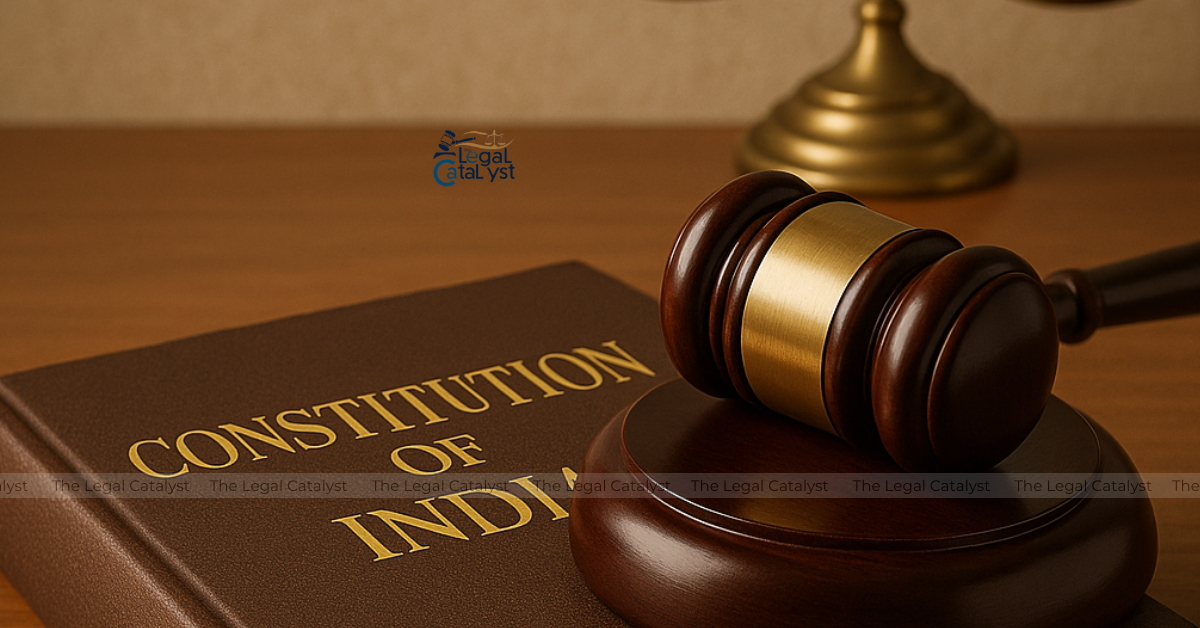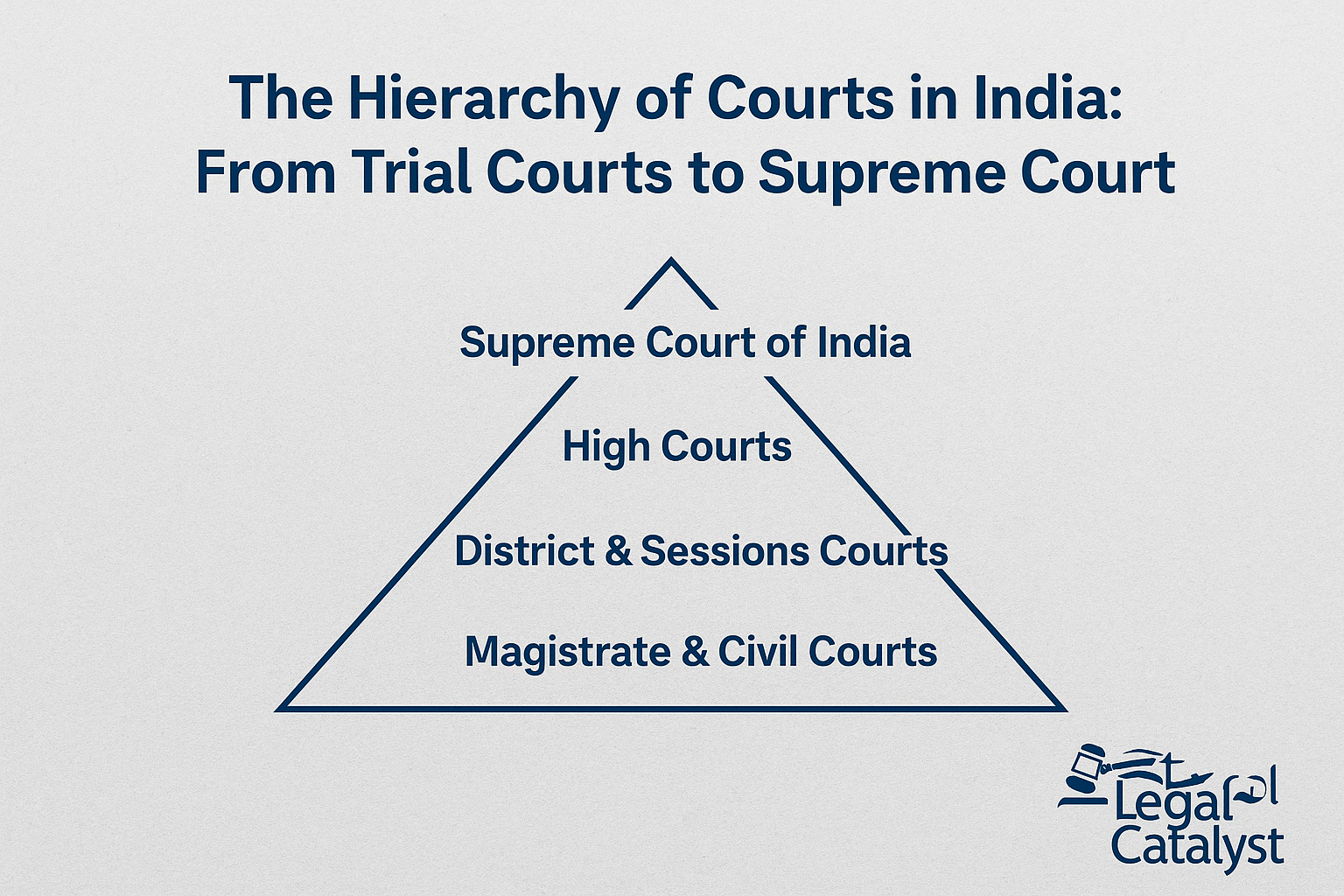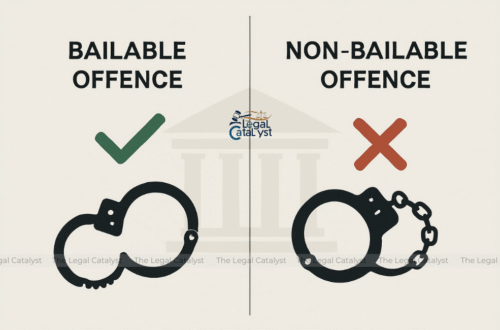Judicial Review is one of the foundational principles of the Indian Constitution. It empowers the judiciary to ensure that the actions of the legislature and the executive conform to the constitutional framework. In a democratic setup, this power is crucial. It serves as a check and balance to preserve the rule of law. It also prevents arbitrary governance.
What is Judicial Review?
Judicial review refers to the power of constitutional courts to examine the validity of legislative enactments and executive orders. If these laws or actions violate the Constitution, the judiciary can declare them unconstitutional, rendering them null and void.
This process ensures that all laws passed by Parliament and actions taken by the government adhere to the principles, rights, and structure established by the Constitution of India.
Constitutional Provisions Related to Judicial Review
Several provisions of the Indian Constitution directly or indirectly enable judicial review:
- Article 13: Declares that any law inconsistent with or in derogation of Fundamental Rights shall be void.
- Article 32: Empowers the Supreme Court to issue writs for the enforcement of Fundamental Rights.
- Article 226: Grants similar powers to High Courts.
- Articles 131–136: Provide appellate and original jurisdiction to the Supreme Court.
- Article 143: Allows the President to seek advisory opinion from the Supreme Court.
These articles collectively ensure that the judiciary can examine not only laws but also executive decisions and constitutional amendments.
Types of Judicial Review
Judicial review in India operates in three main areas:
- Legislative Review: Courts examine whether a law passed by the legislature is constitutional.
- Executive Review: Courts assess the validity of actions or decisions made by the executive branch.
- Judicial Review of Constitutional Amendments: The judiciary can also review constitutional amendments to ensure they do not violate the basic structure of the Constitution.
Evolution of Judicial Review in India
Judicial review was not explicitly mentioned as a doctrine in the Constitution, but the Supreme Court of India has developed it through landmark judgments. Some key cases include:
- A.K. Gopalan v. State of Madras (1950): Early interpretation of fundamental rights and judicial powers.
- Golaknath v. State of Punjab (1967): Held that Parliament cannot amend Fundamental Rights.
- Kesavananda Bharati v. State of Kerala (1973): Introduced the Basic Structure Doctrine, making it clear that Parliament cannot alter the basic features of the Constitution.
- Minerva Mills v. Union of India (1980): Reinforced the supremacy of the Constitution and the role of the judiciary in protecting it.
Importance of Judicial Review
- Upholds Constitutional Supremacy: Ensures that no law or executive act can override the Constitution.
- Protects Fundamental Rights: Safeguards citizens against laws that violate individual freedoms.
- Prevents Abuse of Power: Checks arbitrary decisions by the executive and legislature.
- Maintains Balance of Power: Keeps all branches of government within their constitutional limits.
Limitations of Judicial Review
While judicial review is essential, it also comes with certain limitations:
- Doctrine of Separation of Powers: The judiciary must not interfere excessively in legislative or executive functions.
- Limited Jurisdiction: The court does not examine the wisdom or practicality of a law, only its constitutionality.
- Subject to Interpretation: Judicial review depends on judicial discretion, which may vary across cases and judges.
Judicial Review vs. Judicial Activism
While judicial review is a constitutional function, judicial activism involves proactive steps by the judiciary to address social and political issues. Critics argue that excessive activism can blur the lines between judiciary and legislature. However, in cases where the legislature fails to act, judicial intervention has often led to important reforms.
Judicial review remains a powerful tool for preserving democracy, ensuring that governance remains accountable and aligned with the Constitution. As India continues to evolve, judicial review will continue to be the judiciary’s most vital instrument in protecting the rule of law and defending the rights of citizens.
In essence, judicial review is not just a legal mechanism—it is a constitutional necessity.
Connect with us on Instagram – X – LinkedIn for daily updates, quizzes, and other materials.
Also Read
Prajwal Revanna Convicted in Rape Case, Sentenced to Life Imprisonment






